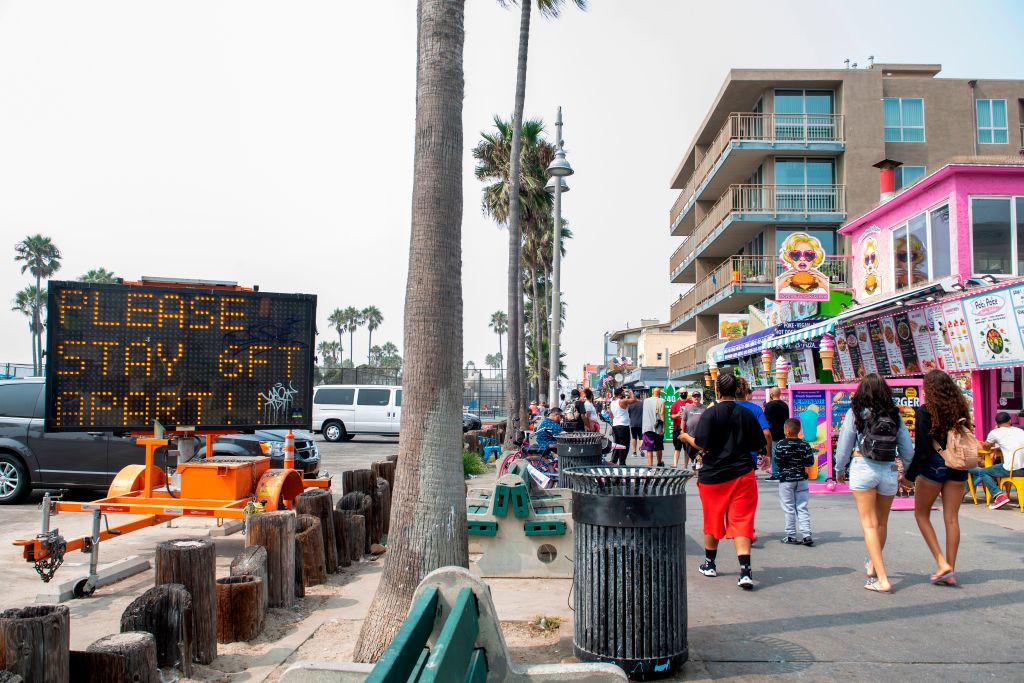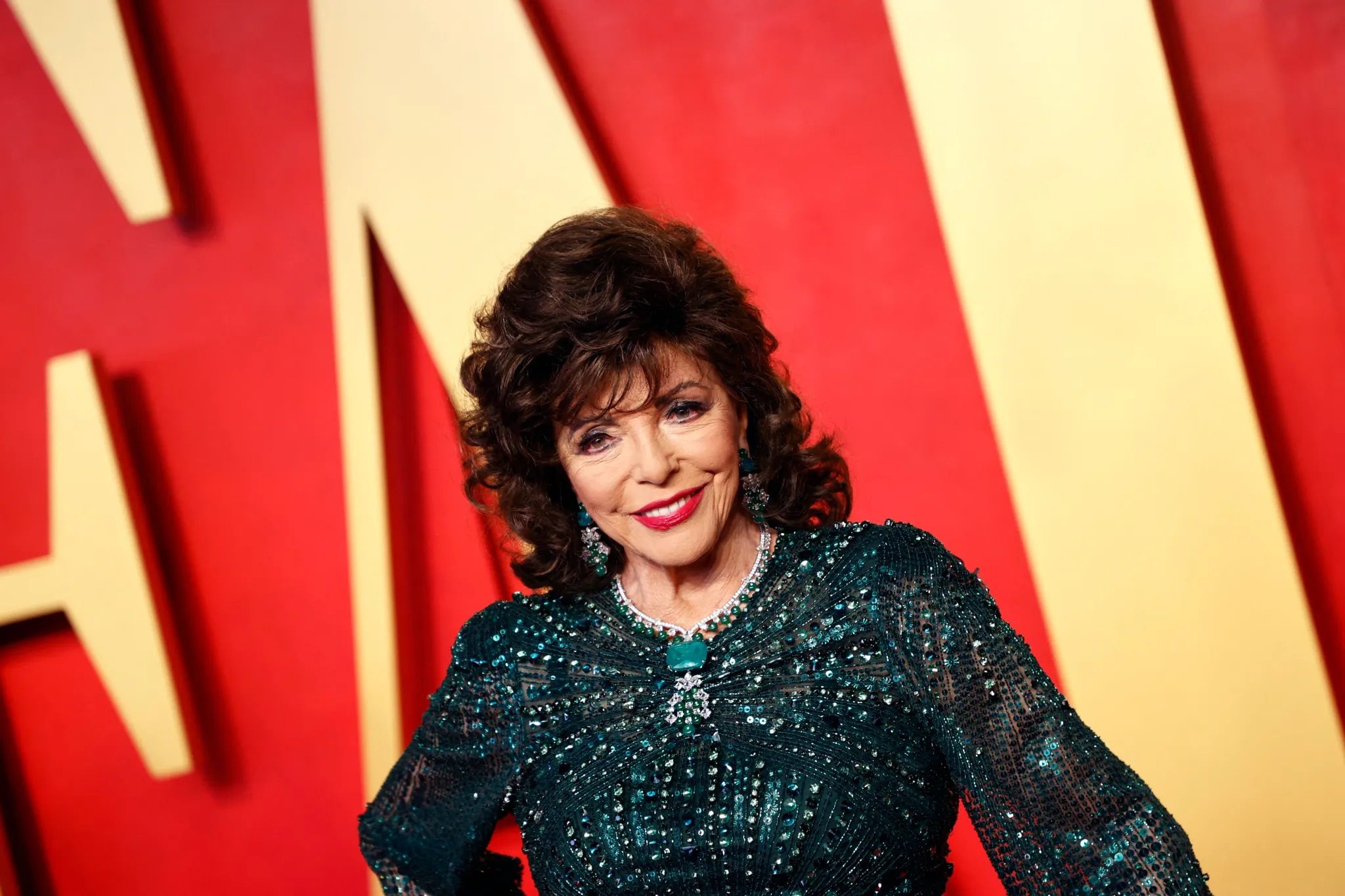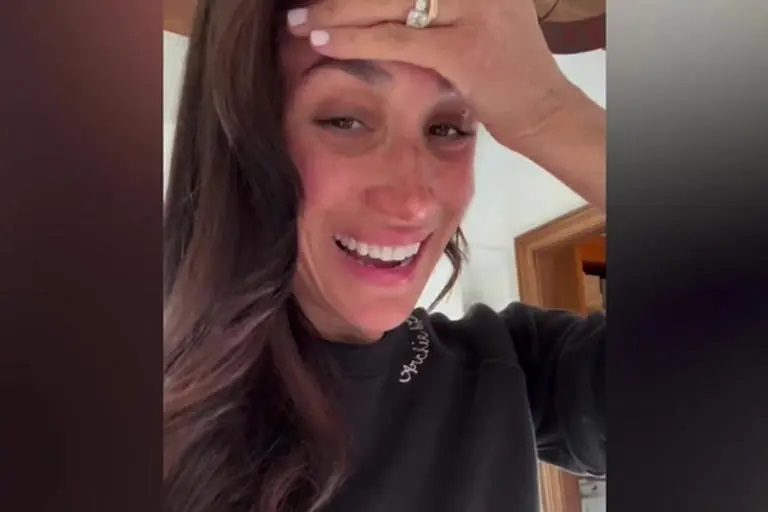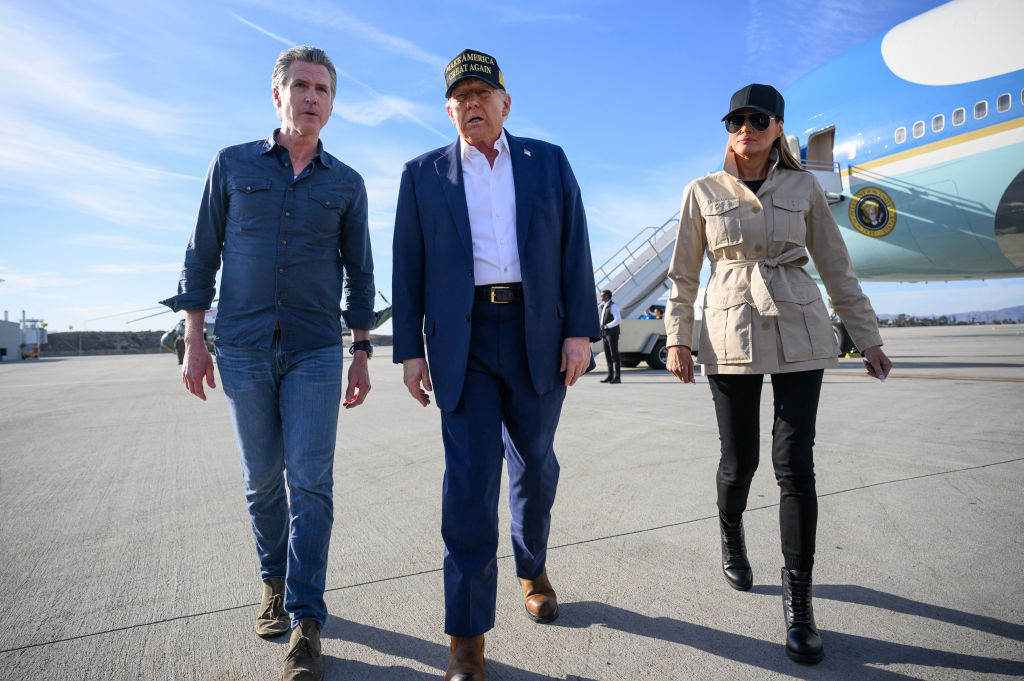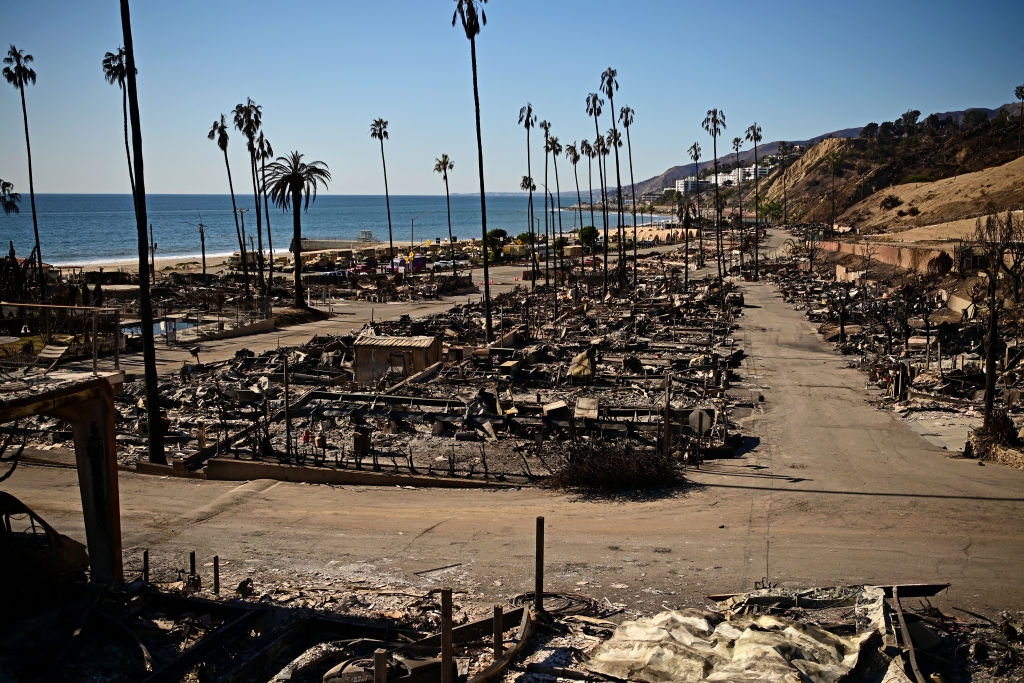Writing an opinion piece for a print magazine that will be arriving on or around Election Day is challenging to say the least in these ‘unprecedented times’ when a single 24-hour news cycle contains a week’s worth of events. Two weeks from now is the equivalent of 7,000 news cycles.
As I sit in LA, my dog snoring peacefully at my side, I contemplate where I’ll be when you’re reading this the week of the election. Where will we be as a nation? Although it seems optimistic to believe we will even know the results by December, will I be defending myself while the entire city riots and burns? Will I be sitting on my couch, dog still sleeping next to me, watching Netflix and chilling? Or will I be forced to pick a side at last in the fattest civil war the globe has ever seen?
Did either one of the old men running for president of the United States die before the election? If not, did they traumatize America’s children of divorce with another debate? Were there any more October surprises other than the President contracting COVID-19, ‘dominating’ it because he’s a ‘perfect physical specimen’ and then proceeding to wear his recovery like a badge of honor? Other than Trump’s stolen valor victory videos, what fresh horrors await us? Locusts? A mummy’s curse? An asteroid? Zombies? Aliens? Please say aliens.
When I do venture out from my semi-permanent sheltering place, it feels like stepping into the prequel of a film about a not-so-distant dystopian apocalyptic wasteland. Venice has gone from a grungy chic seaside city with a blossoming tech industry to one giant encampment for the homeless. The smell of urine is omnipresent. The streets are lined with garbage and syringes. People relieve themselves openly in the perfectly landscaped yards of multi-million-dollar homes. The mental-health crisis and addiction epidemics explode alongside the poverty rates, which are exacerbated every day we remain locked down. People shuffle down the streets screaming at themselves or bystanders. There is no end in sight. Whatever the geniuses in charge are doing (or say that they are doing) is making the situation worse.
Many stores that were looted during the riots are still boarded up, spray-painted or closed forever. There are new For Sale signs popping up in my neighborhood every day. In the almost two decades I’ve lived in La-La Land I’ve never seen so many apartments for rent. With a few exceptions all my friends have left or are thinking of leaving. Hell, even I’m considering it.
People are understandably losing their minds. The school situation is challenging for the teachers, the parents, local and state governments, unions and most of all the kids. And God forbid you have a crisis unfolding in your own life with the pandemic election Black Mirror episode as the backdrop, magnifying the sensation that everything is falling apart. Divorce. Sickness. Unemployment. Death. Suicide and addiction are on the rise. Winter is coming. The holidays are stalking us and with no vaccine many already lonely souls might have to spend them alone. And to top it all off — flu season is here.
If there is a vaccine on the way so we can return to ‘normal’, what does normal even look like now? We won’t begin to grasp the full casualties of this pandemic until we open. As I write this, in Los Angeles we still can’t dine inside, go to meetings with more than 10 people or attend church, live music or sporting events. If and when we are ever allowed to go and hide from our problems in a dark cinema, there’s no guarantee that the movie theaters will even be open.
There is so much uncertainty and too much information. Should I be spending my time doing podcasts or learning how to siphon gas in an online prepper community? Meditating or learning Mandarin? At the moment everything is OK and yet I feel helpless. Vulnerable. Confused. Frozen. Terrified.
‘Fear is the natural reaction of moving closer to the truth,’ says Pema Chödrön in her book When Things Fall Apart. 2020 has forced us all to face a lot of truths about ourselves, our society, our marriages, our institutions and on and on ad infinitum. In many ways we have been given a glimpse of our shadows and with it, the gift of enlightenment. In other ways, we’ve had a breakdown that’s forced us to dig deep, find that fortitude in the face of adversity and break through.
The past four years (and the past year in particular) have pushed many of us to our perceived limits and even more of us past them. But no matter where we find ourselves when this is published, I hope everyone will please stop saying, ‘It can’t get any worse.’ If there’s any lesson we should take from 2020 it is that it can get worse and often does. No matter where we find ourselves in this moment, if we have food and water we should be counting our blessings. As my dear friend Jacob Bresler, a man who survived the horrors of the Holocaust, always says: ‘We will persist. We always do.’ He would know.
This article is in The Spectator’s November 2020 US edition.



